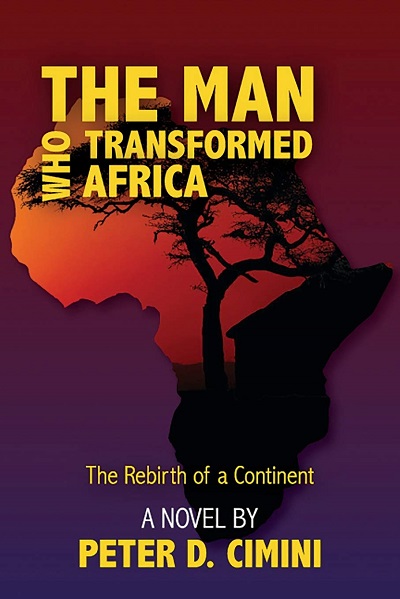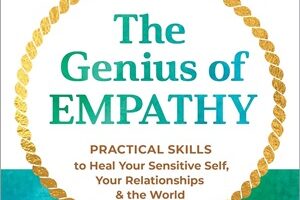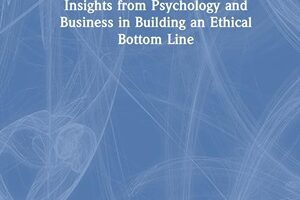The Man Who Transformed Africa: The Rebirth of a Continent is Peter Cimini’s new historical fiction novel. Like any piece of literature, it’s first and foremost a good story. An example of outsiders within solidified institutional, even generational environments working to reinvent practices for the greater good. The two central characters in the narrative are a Vatican pope of Indonesian origin, and an African nationalist working to build a stable, African middle-class society.
Others prominent characters include an ex-United States president and an underling of his working on the nationalist’s project diagnosed with autism. The latter character proves to be a particularly interesting wrinkle in the plot, making the book in subcategory terms something of a hybrid. Characterizations like Dustin Hoffman in Rain Man or Christian Bale’s portrayal of Michael Burry in The Big Short come to mind. The ultimate goal of the book in of itself, generally speaking, is nothing new. These days, which many could call the time of the ‘actorvist’, narratives that are as much a product of well-realized fiction are simultaneously crammed with elements related to social justice. The latter effect is often a mixed bag at best, violating the eons-old rule, narratively-speaking, of show don’t tell. But in the case of The Man Who Transformed Africa, this proves to be an exception.
Part of this is likely due to the book’s crux being as much about a social justice message as it is about telling a story. There’s no shoehorning in the points outside of the read Cimini wants to make, so everything flows organically and even when such points are at their peak – you never feel preached or condescended to.
AMAZON: https://www.amazon.com/Man-Who-Transformed-Africa-Continent/dp/1612448305
In an interview, Mr. Cimini stated: “The ‘man’ referred to in the title of my book is an Indonesian Pope who believes that poverty is an immoral state of existence, and chooses to lead by example when he takes drastic steps to move towards removing poverty from the African continent.” He continues, “Ever since elementary school, when I had teachers who talked about the underground wealth on the African continent existing side-by-side with severe poverty for many of the people above ground, I was unable to clearly understand what seemed to me to be contradictory facts.
Through my teenage years in high school and then college, I tried to understand the great injustice that Africans experienced over many centuries.” It’s through these sorts of convictions that Cimini can write both from a place of passion, but with a healthy dose of objectivity. Once again referring to aforementioned traits of preachiness or condescension, he never fails to take a step back from the headier, real world themes highlighted. There’s a certain amount of restraint and delicacy with which he points a selective finger of blame at certain events, or characters’ actions.
As a result, the book is simultaneously escapist and worldly, damning in its implications but never to the tune of being heavy-handed. This does a service not only to Cimini’s career as a storyteller, but also to the very issues he wishes to bring to the table.
Alexander Marias














